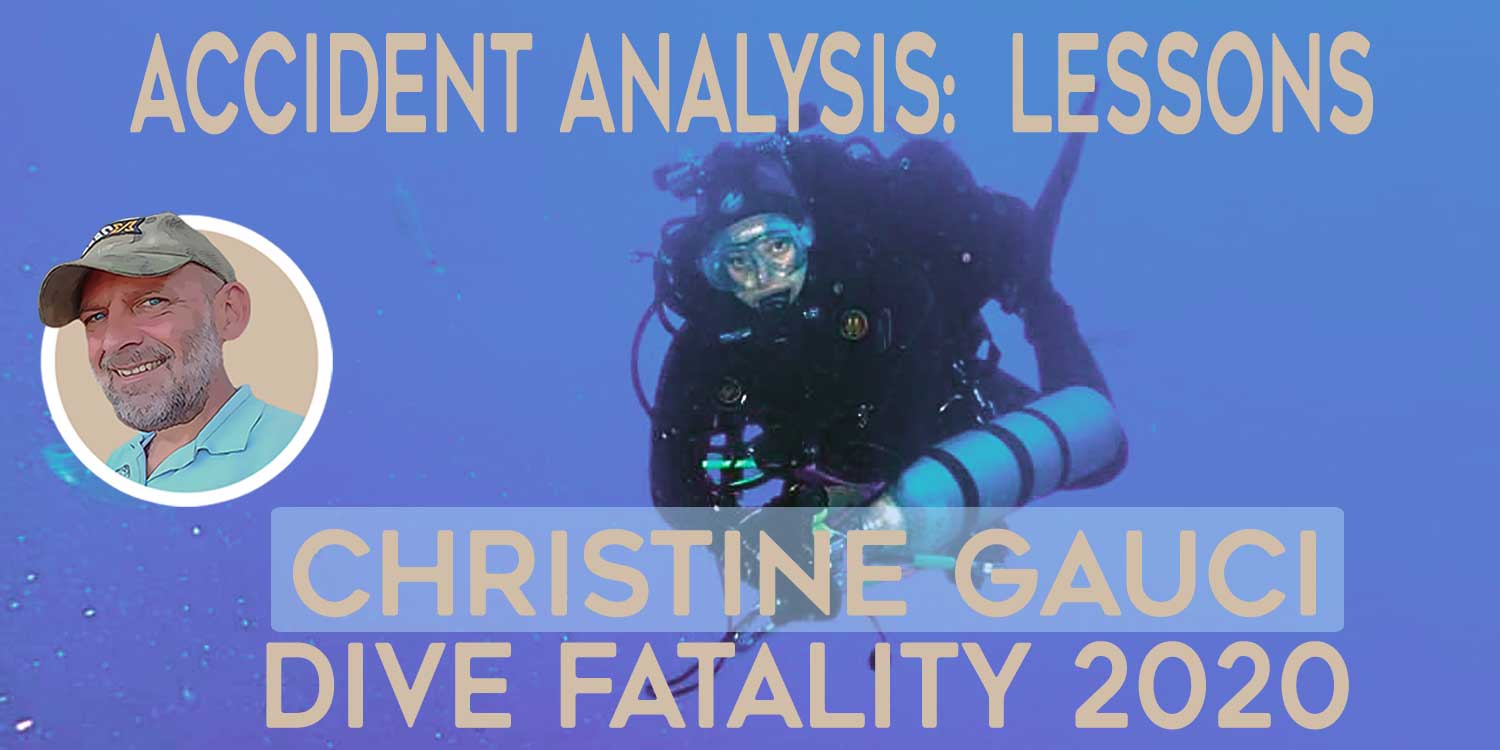Bob DBF
Contributor
and if they die while you were on the boat do you think they'd let you off-that you abandoned your buddy, at least thats how they'd perceive it
First of all, figure out who abandoned who, luckily the OP had the gas to track his buddy down, with rec divers going back to a mooring ball, most dont.
.
As far as procedures go, one should explain the details of the incident of a lost buddy to the skipper once back on the boat. Since it was after the planned turnpoint (I am not as conservative as the OP) I would take a quick look around and finish the plan.
My buddy was found down current, out of sight with no SMB, from the information I gave the skipper. I assume the boy got a good chewing out because he was in a closed wheelhouse with the skipper for awhile. I never talked or dove with him again, and I hope he learned something.






